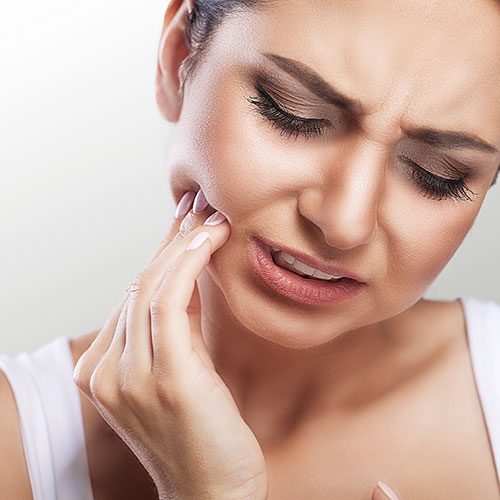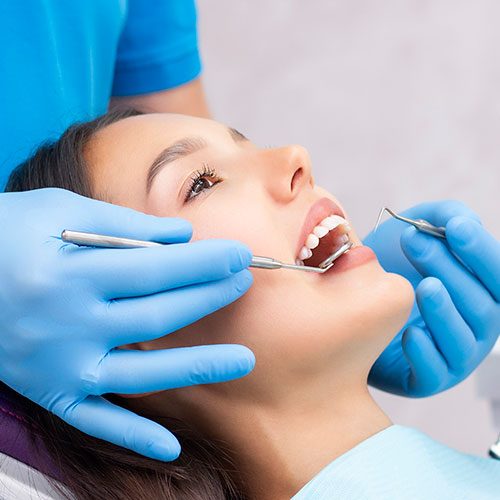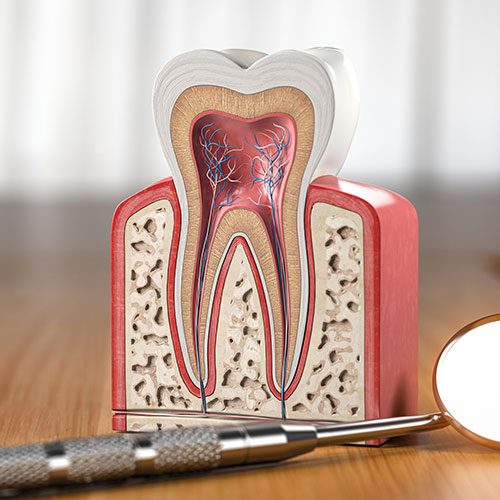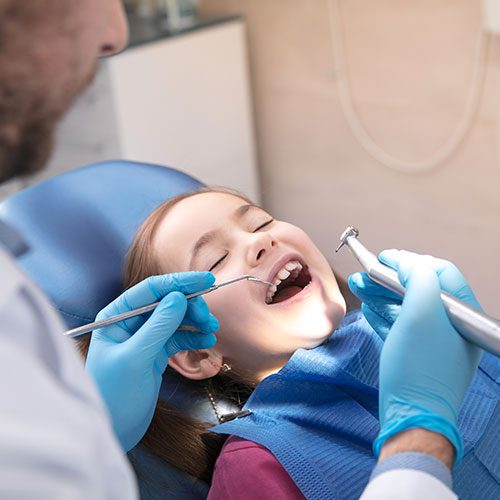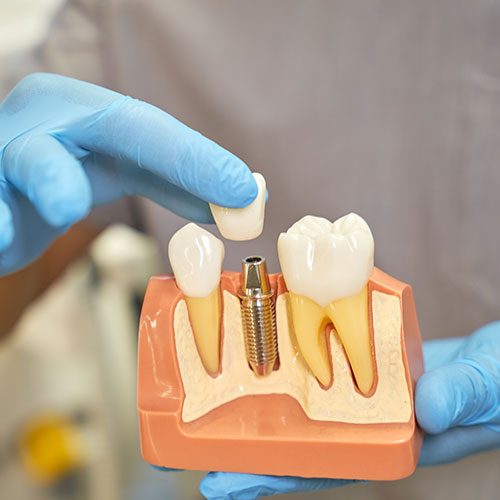Root Canals Treatment in Zirakpur
Are you suffering from toothache?
Are you unable to sleep at night due to sharp pain in the tooth?
Are you suffering from sensitivity to cold, hot or sweet?
Do you see a swelling in or around the mouth?
Let us take you on the journey to put an end to the agony!
